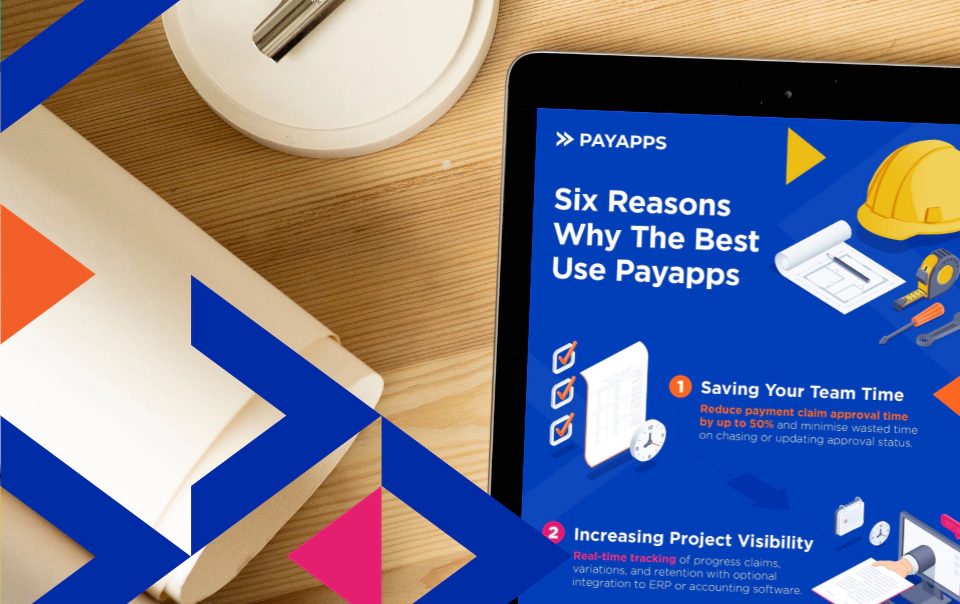In the construction industry, contractors often leave themselves vulnerable when it comes to chasing contractor payments. Many clients wait an average 8 months before even taking action against their overdue payments! This paves the way for Security of Payment disputes and places both income and profit at risk. Blog post originated by our good friends at Contractors Debt Recovery.
WHAT HAPPENS WHEN YOU DON’T CHASE PAYMENT QUICKLY
1. LOST CASH FLOW
Going after your due payments is critical in maintaining a healthy cash flow for your company. Without enough cash, your business is placed at significant risk, especially since you have your expenses, wages and other costs to pay. The more steady your cash flow, the more you can minimise losses and maximise your financial success.
2. DISAPPEARING FUNDS
What will happen 6 months down the track if you chase an overdue payment, only to discover that the client doesn’t have any money and their funds have disappeared? In most circumstances, you won’t get your money and as a result, you may end up requiring Security of Payment. If you are owed money, it is vital to chase this early on, while the contractual chain still exists and while the client still has the funds to pay you.
3. DECREASED VALUE OF WORK
In construction, the more time that passes after you have finished a project, the less it is worth. The longer you wait to chase your money, the less the client will say they owe. Even if you obtain Security of Payment assistance, you’ll most likely end up winning less than the original value of your project. This is an unnecessary loss that can be avoided by recovering payment before the value of your work declines over time.
4. PUSHED INTO NEGOTIATIONS
Waiting too long to chase payment also gives your client much more opportunity to find excuses for negotiating low or no payments. This is a common tactic and the negotiations often stray away from the actual value of your work into the realm of a tough fight and a battle of wills.
Now, you are really only negotiating to get a portion of the money owed to you and it can mean that you ultimately receive far less funds than you are entitled to. Don’t give the client room or time to negotiate! Request your payment as soon as soon as it’s due.
5. INFORMATIONAL LOSSES
A common fact in the debt recovery trade is the longer you leave outstanding payments, the harder they are to document. If you decide to take legal action and chase your money via court proceedings or adjudication, getting the paperwork and other evidence later on may prove difficult. As a result, you may find your legal case lacking and this puts you at a huge disadvantage when it comes to recovering your dues.
6. INSOLVENCY
It happens more often than you think: 6 months later when you decide to chase payment, you discover the client has become insolvent. The money you are inquiring about will no longer exist as in almost all cases, you’ll need to wear the loss yourself. The moral of this story? Don’t wait! Retrieve your overdue funds as soon as possible, before the client’s insolvency ends up placing you at risk.
If you’ve left it too long, Contractors Debt Recovery can assist you in retrieving your outstanding debts. Tell them about your situation or learn more about Security of Payment here.




